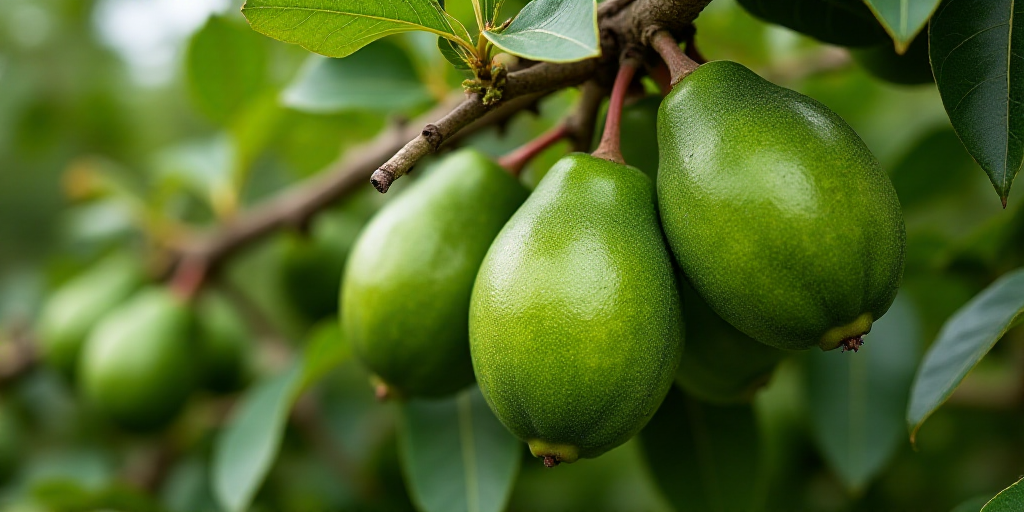Introduction
A recent report titled ‘Una realidad amarga: Abusos laborales de personas trabajadoras migrantes en la producción de azúcar, cacao y café en Chiapas’ by the Centro de Información sobre Empresas y Derechos Humanos (CIEDH) has shed light on the harsh labor conditions faced by workers in Chiapas, Mexico. These workers produce coffee, cocoa, and sugar that eventually reach multinational brands such as Nestlé, Starbucks, and Barry Callebaut.
Chiapas’ Agricultural Dominance
Mexico ranks 13th globally in coffee production, with Chiapas being a significant player. The coffee industry is dominated by three companies affiliated with large transnational corporations: Exportadora de Café California, S.A. de C.V., a subsidiary of the German Neumann Gruppe GmbH; Agroindustrias Unidas de México, S.A. de C.V.; and Cafés de Especialidad de Chiapas, S.A.P.I. de C.V., both subsidiaries of the Swiss multinational Ecom Agroindustrial Trading Corp. Limited. These entities account for over 87% of production and 81% of exports from 2018 to 2023.
Similarly, Chiapas is the second-largest national producer of cocoa. Between 2018 and 2023, only three companies exported cocoa worth a total of 248.51 million dollars, with Agroindustrias Unidas de México, S.A. de C.V., a subsidiary of Ecom, capturing 99.6% of total exports and 99.7% of generated revenue.
In the sugar sector, Zucarmex, through its subsidiary Cía Azucarera La Fe, represented 97.4% of sugar production and 66.7% of its exports.
Riches in Agriculture, Poverty in Labor
While Chiapas’ agricultural products feed global markets, the workers face harsh labor conditions and various forms of abuse in a highly informal sector. These include excessively long working hours for low wages, insufficient food at inflated costs deducted from salaries, lack of access to medical care or social benefits, exposure to toxic agrochemicals, overcrowded and unsanitary housing, gender-based violence, forced labor, and child labor, including cases of modern slavery.
Prominent buyers in the coffee, cocoa, and sugar supply chain include Nestlé S.A., The J.M. Smucker Company, Starbucks Corporation, Barry Callebaut Group, Sucden et DenRées S.A., and American Sugar Refining Inc. (Grupo ASR). All these companies have publicly available due diligence policies applicable to their operations and supply chains.
Lack of Regulation
The agroindustrial sector in Chiapas has a high informal labor rate, primarily involving indigenous people living in poverty and migrants from Central America, mainly Guatemala, followed by Honduras, El Salvador, and Belize. In the Lacandon Jungle region, 98.5% of seasonal agricultural workers live in poverty.
A UNAM investigation cited in the report revealed that Guatemalan migrant workers on coffee plantations in Chiapas labor under precarious conditions, with verbal contracts, no social security, healthcare access, vacation time, or holiday pay.
Despite public commitments to respect human rights within their supply chains and accessible policies, the report states that labor rights abuses persist in Chiapas’ coffee and cocoa sectors, indicating a gap between policy and practice. The sugar sector is even further behind, lacking any basic commitments to human rights in writing.
This global commercial network demonstrates that exploitation in Chiapas is not an isolated issue but a structural part of the international agri-food system. The CIEDH emphasizes the need for public policies aligned with international standards, supply chain transparency, effective complaint mechanisms, real labor inspections in the fields, and guaranteed access to healthcare for workers.
Key Questions and Answers
- What is the issue highlighted in the report? The report, ‘Una realidad amarga,’ by CIEDH exposes the harsh labor conditions faced by workers in Chiapas’ agroexport sector, producing coffee, cocoa, and sugar for global brands like Nestlé, Starbucks, and Barry Callebaut.
- Which crops are primarily affected? The report focuses on coffee, cocoa, and sugar produced in Chiapas under exploitative conditions.
- Which companies are involved in the supply chain? Major buyers include Nestlé S.A., The J.M. Smucker Company, Starbucks Corporation, Barry Callebaut Group, Sucden et DenRées S.A., and American Sugar Refining Inc. (Grupo ASR).
- What are the labor conditions like for workers? Workers face excessively long hours, low wages, insufficient food at inflated costs, lack of access to medical care or social benefits, exposure to toxic agrochemicals, overcrowded housing, gender-based violence, forced labor, and child labor.
- Why is there a gap between policy and practice? Despite publicly available due diligence policies, labor rights abuses persist in Chiapas’ coffee and cocoa sectors, indicating a gap between policy and practice.
- What recommendations does the report provide? The CIEDH recommends adopting public human rights policies aligned with international standards, ensuring supply chain transparency, establishing effective complaint mechanisms, conducting real labor inspections in the fields, and guaranteeing access to healthcare for workers.






